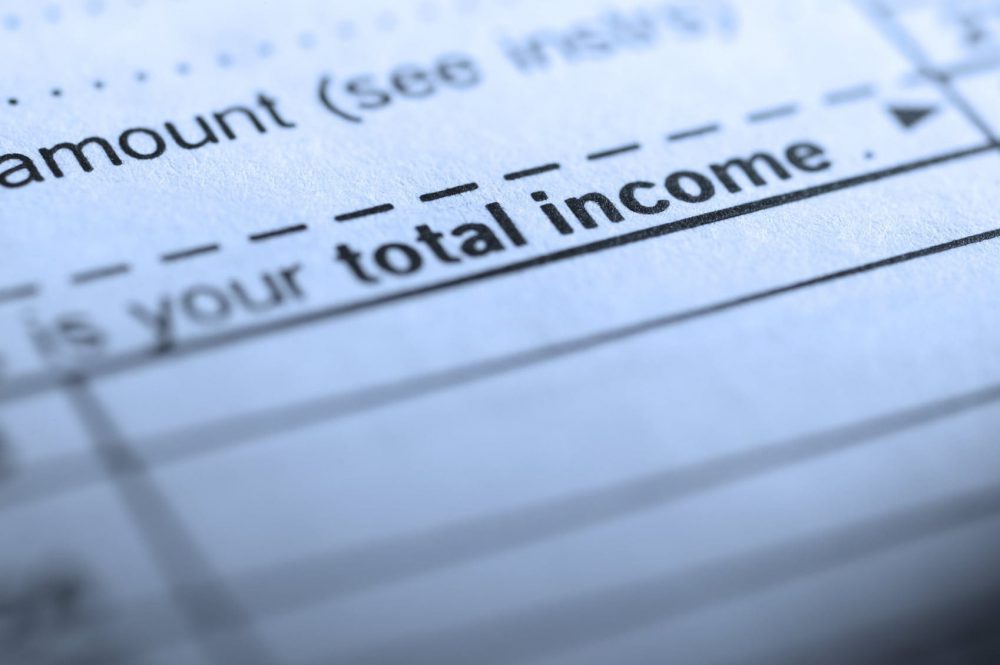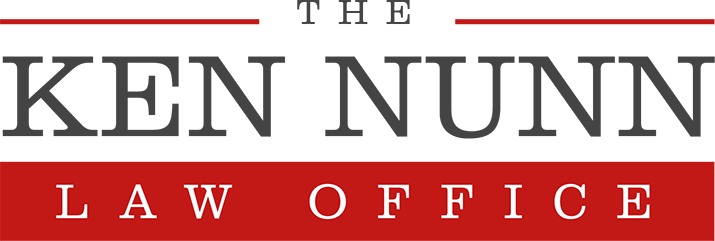
When you are injured in an accident, it may seem as if you will never receive the compensation you deserve for your losses, damages, and injuries. Some personal injury cases take years to settle while other cases must go to trial to resolve the matter. Your personal injury lawyer does everything within his power to settle your injury claim as quickly as possible for the maximum amount of compensation allowable by law.
However, many factors are outside of your attorney’s control such as your rate of recovery, the insurance company, and the court system. Therefore, once your case is settled or a jury renders a verdict, you want to know how much money you will receive and when you will receive your money.
Will I Receive The Entire Settlement or Verdict Amount?
No, you will not receive the full amount because your attorney will receive his fee from the settlement proceeds. You must also pay the costs associated with your personal injury case and/or lawsuit (i.e. filing fees, expert witness fees, postage, copies, deposition fees, etc.). You may also be required to pay outstanding medical bills from your settlement proceeds. An experienced personal injury lawyer may be able to help you negotiate with the medical providers to accept a lower payment but you may be required to pay the full amount.
After fees and costs are deducted from your personal injury settlement, you are ready to receive your money. Now the question becomes, “Do you have to pay income taxes on your personal injury settlement proceeds?”
Paying Income Taxes on Personal Injury Settlements
The purpose of a personal injury settlement is to compensate you for your losses. This is often referred to as “making you whole.” Because the law cannot undo your injuries, the only thing it can do is provide a legal means for you to receive compensation from the party who caused the accident that resulted in your injuries. The compensation is viewed as recouping losses sustained as a result of another person’s negligent acts. It would not make sense to tax a personal injury settlement because it is not a windfall, income, or earnings.
Therefore, most personal injury settlements are non-taxable. However, there are always exceptions to the rule.
Compensation for Physical Injury and Physical Illness
With regard to personal injury settlements, the Internal Revenue Service states:
“If you receive a settlement for personal physical injuries or physical sickness and did not take an itemized deduction for medical expenses related to the injury or sickness in prior years, the full amount is non-taxable. Do not include the settlement proceeds in your income.” [IRS Publication 4345 Rev. 4-2015]
For your personal injury settlement to be non-taxable, the compensation must relate to a specific physical injury or physical illness. However, if you deducted medical expenses related to the injury on your tax returns and the deduction provided a tax benefit, that amount of your settlement will be subject to taxes.
Mental Anguish and Emotional Distress
Many personal injury settlements include an amount to compensate for mental anguish and emotional distress. The IRS will not tax this amount provided the mental anguish and emotional distress is directly related from the physical injury and/or physical sickness. If not, you must include the amount in your taxable income; however, you may be entitled to certain deductions from the gross amount.
Lost Wages and Income
Compensation for lost wages and income in a personal injury settlement is taxable. This portion of your settlement is intended to reimburse you for income you lost due to the accident. If the accident had not occurred, you would have earned the income and paid taxes. Therefore, you must pay taxes on that amount now.
Punitive Damages
Punitive damages are a special type of damages that is only paid in certain personal injury cases. Punitive damages are intended to “punish” the defendant for grossly negligent acts. Punitive damages included in a personal injury settlement are always taxable.
Work With Your Personal Injury Lawyer and Your Tax Adviser
The above information is a brief summary. You should always discuss tax matters with a professional tax adviser. We work with our clients and their tax advisers to minimize the tax liability for personal injury settlements.
Have You Been Injured in a Bloomington Personal Injury Accident?
If you need a personal injury lawyer to protect your rights and batter big insurance companies, call The Ken Nunn Law Office. You can call 1-800-CALL-KEN to schedule a free legal consultation with an experienced personal injury lawyer.









